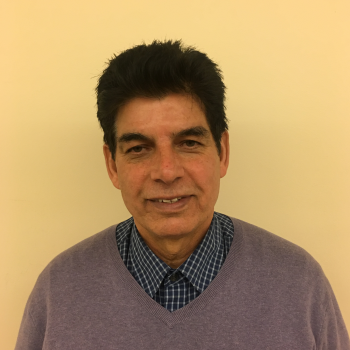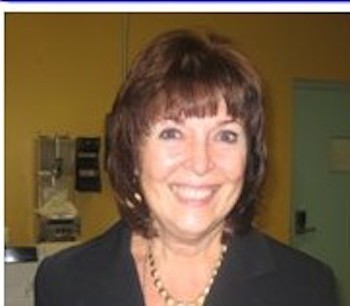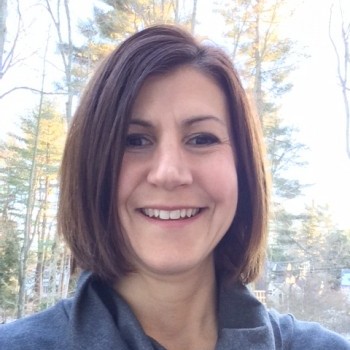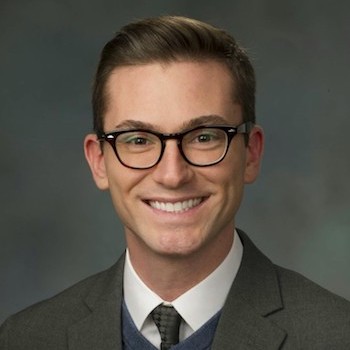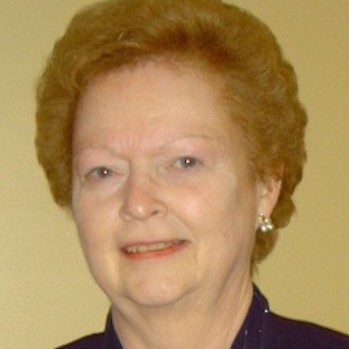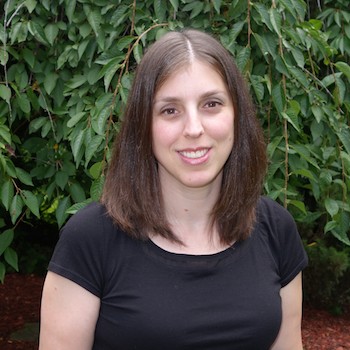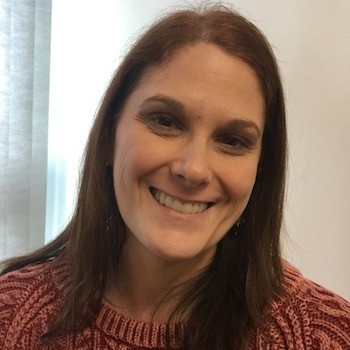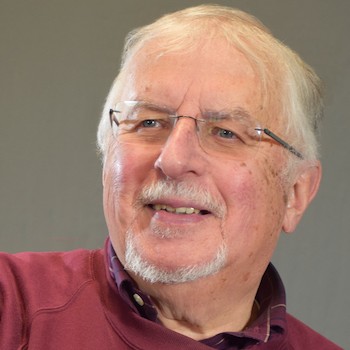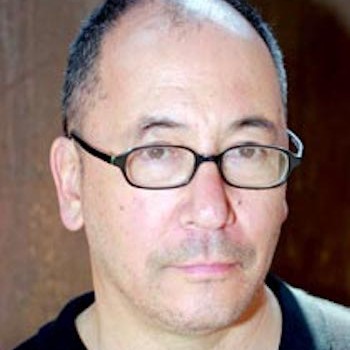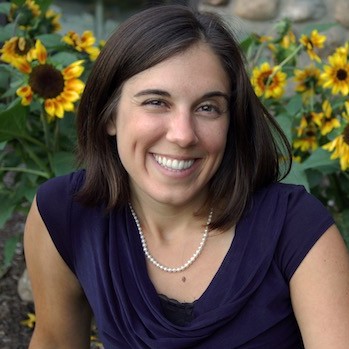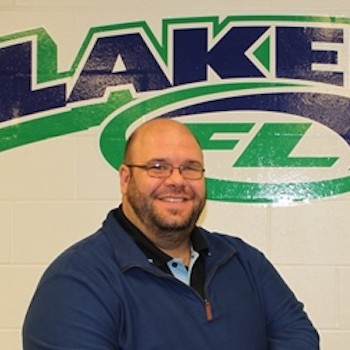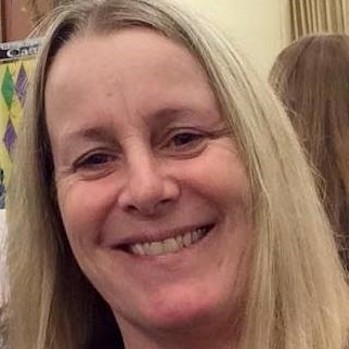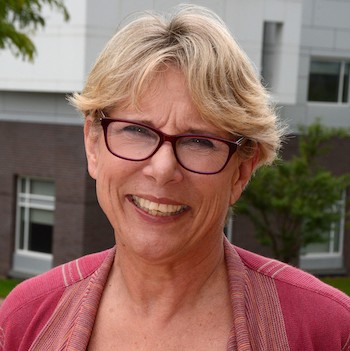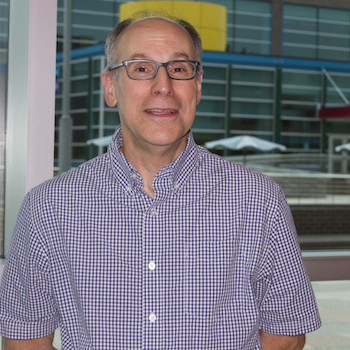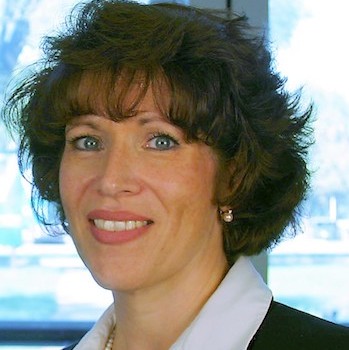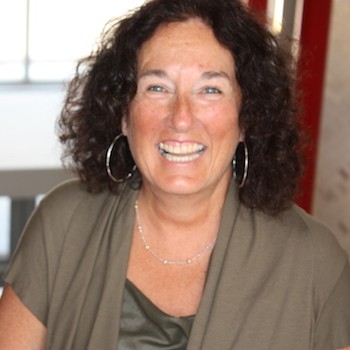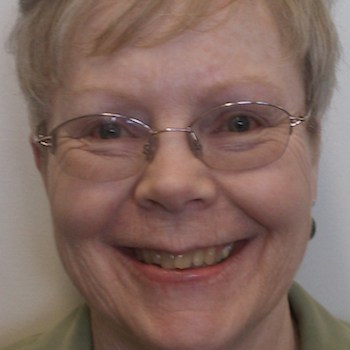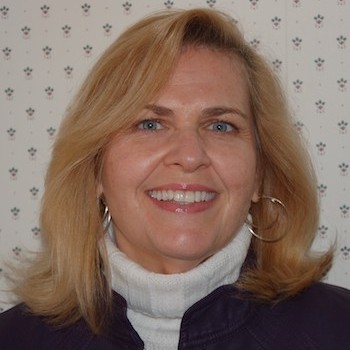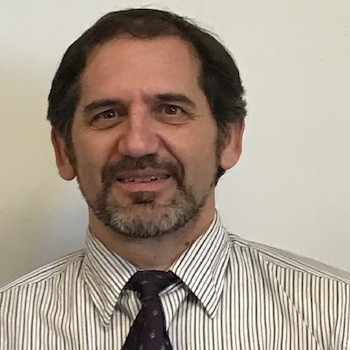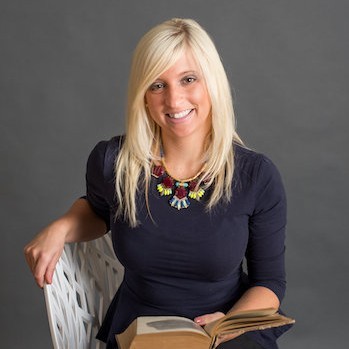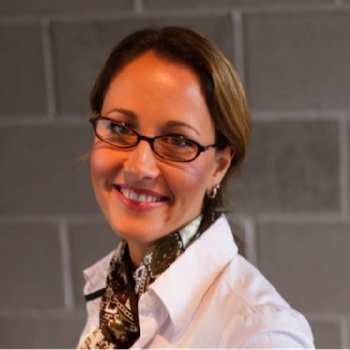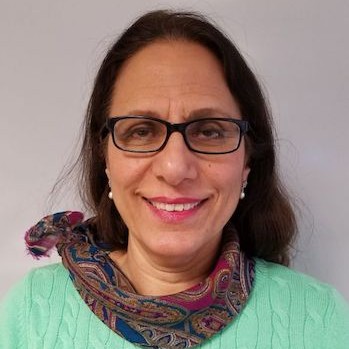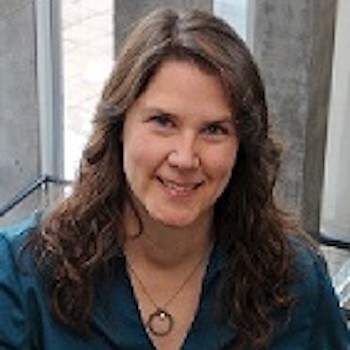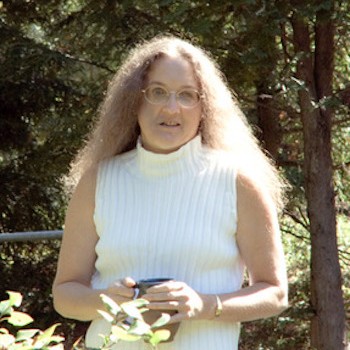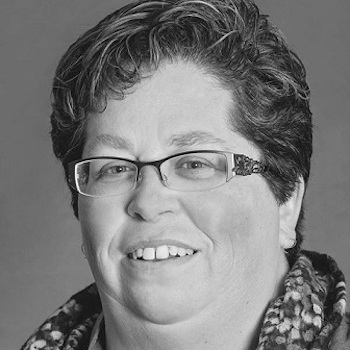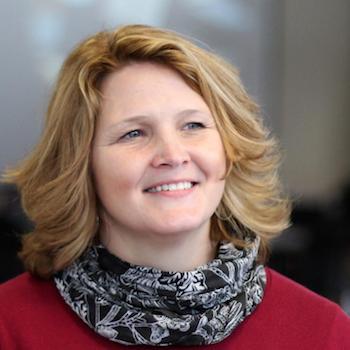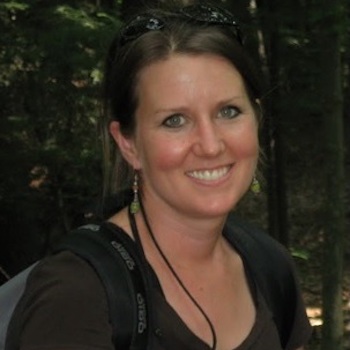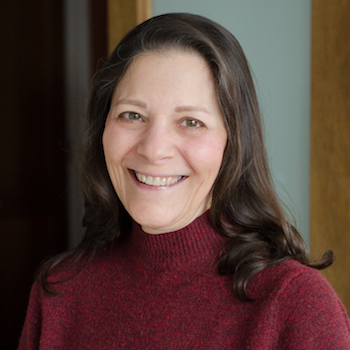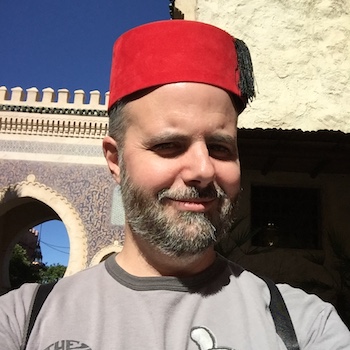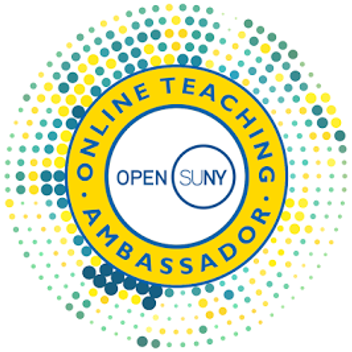Open SUNY Online Teaching Ambassador 2017 – Brockport: Megan Norcia
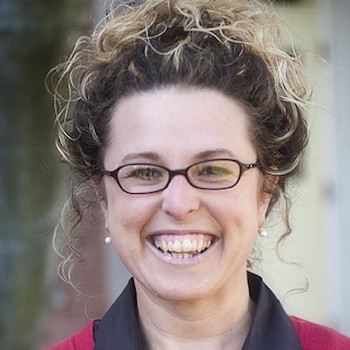
Megan Norcia, Ph.D., is an associate professor in the English Literature department at SUNY Brockport. She holds a Ph.D. and an M.A. from the University of Florida. She has earned the SUNY Chancellor’s Award for Excellence in Teaching in 2010.
Teaching online offers me the opportunity to serve students where they are– in their pajamas in their kitchens after cleaning up dinner and getting their kids to bed; in their classrooms after a long day of teaching; in their local library on a lunch break from a full-time job– I feel honored to be part of their day and to help both traditional and nontraditional students realize their dreams of a college education. My goal is simple—to give them something interesting to talk about at dinner. I want to put the texts we’re reading in dialogue with their lives and help students make self-to-text connections as we discuss the issues and historical contexts in the literary works we study each week. This helps them to see that the humanities have value, and that skills like critical thinking, literary analysis, synthesis, documentation, and crafting an argument have real-world applications.
Teaching online has stretched me in great ways. It has made me an amateur videographer, editor, and curator as I put together lectures with accompanying videos featuring author portraits, archival manuscript images, alternative book covers, and short passages. I have guided students through the pages of Alice’s Adventures in Wonderland in the British Library, through museum exhibits of Little Lord Fauntleroy suits, and through the Library of Congress’ photo archives featuring images like Dorothea Lange’s “Migrant Mother.” As we have discovered together, the online classroom has no walls. I have enjoyed presenting these materials to students and letting them experience them at their own pace and then share their ideas with the larger class. Just as there are no walls in my online class, there are no wallflowers either. This democratized participation, gently encouraged through online “presentations,” discussion boards, and wikis, has been so exciting.
After teaching online for almost ten years, I know that I have so much still to learn, and I am eager to continue using new tools to teach old texts, bringing the nineteenth and early twentieth centuries alive for students, from the archived page to the digital screens. I am honored to be part of such a dynamic community of online educators as Open SUNY COTE.
